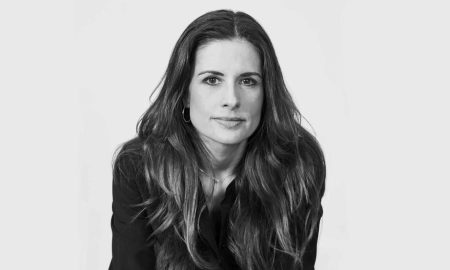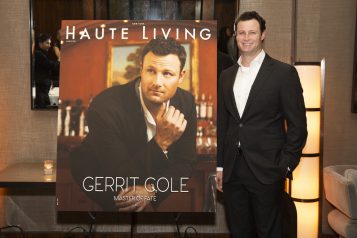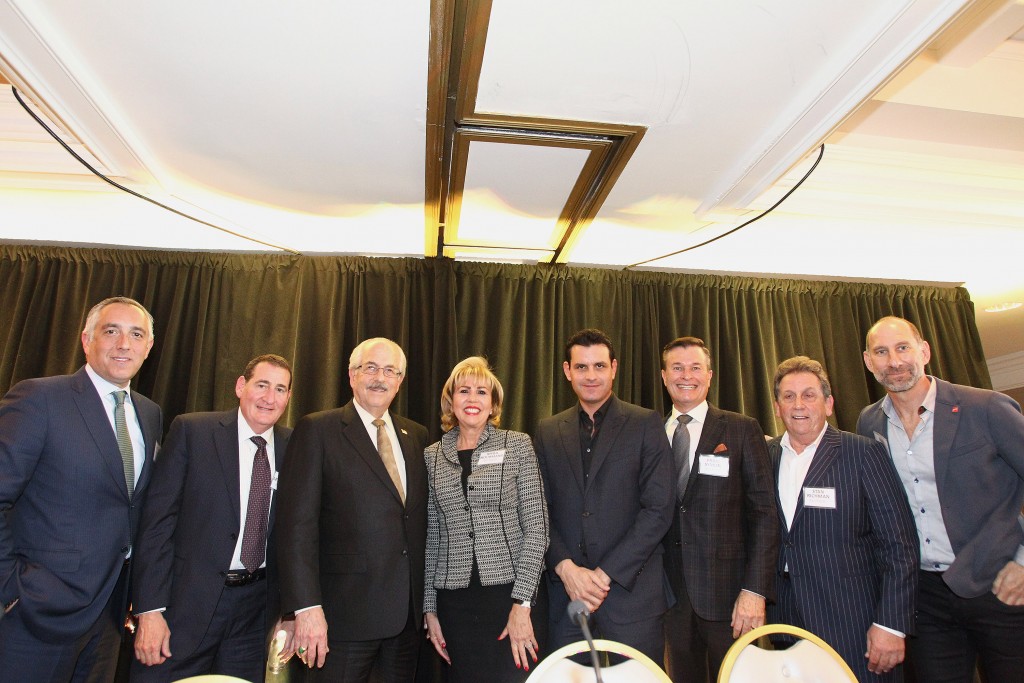
Discussing current trends in luxury real estate, personal success stories, and what’s next for California’s booming real estate market, Haute Residence’s third annual Los Angeles Luxury Real Estate Summit, which took place on March 16 in the Kensington Ballroom at The London West Hollywood, consisted of three panels: “Power Women,” “SoCal Power Brokers,” and “$100 Million Club.”
Timothy Lappen: Give us an idea of how you differentiate yourself and your company from your competitors.
Stephen Kotler: I think it is pretty evident with our company that we are in all of the regions here we believe our customers are, which is a little bit different from our local competitors.
Syd Leibovitch: I think that what sets us apart from is first, we are local. Second, we are run by only people who have sold real estate. Third, we’re full on/full service, so we take on everything for the agents so that they can take care of their clients.
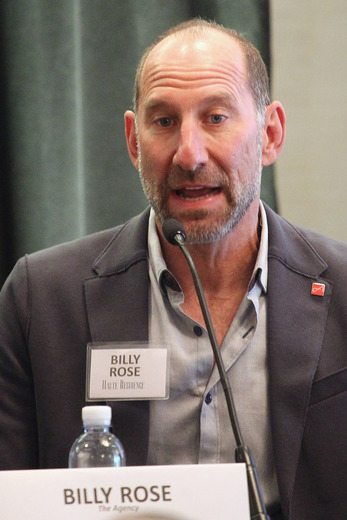
Billy Rose: We believe in working together as a team and collaborating, and by doing so we are able to share a lot of resources, information, experience, pockets, and relationships.
Timothy Lappen: What would you say the personality of your agency is? Is it different from other agencies in that regard?
Stan Richman: At Compass, we have a vetting process, where we really take note of what other agents were there and how they feel about agents that are going to join us. We’re all about asking agents what they feel comfortable with. From other companies I’ve been with that has never been the case. It’s been based on production and other theories of doing business.
Kurt Rappaport: Our philosophy is being a deal maker, an advisor. Also, if someone comes into our office, we want them to be who they are. I don’t want to take somebody who would never wear a tie in his life and say all of a sudden he has to look like this or be like that, because his social group will all of a sudden look at him very differently.
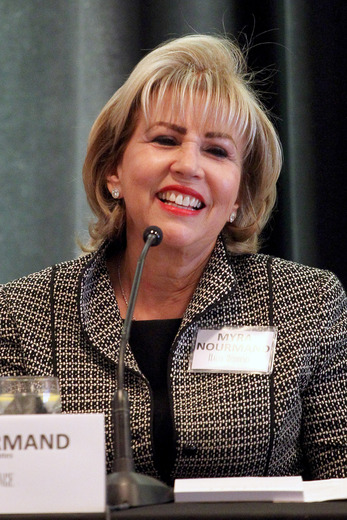
Myra Nourmand: We’re multicultural. We’re also a brand that has grown up in Beverly Hills from the 70s, and a lot of the people who have joined our company are people that have watched Nourmand from its inception.
Timothy Lappen: Tell me some of the ideas you think work in terms of marketing properties.
Stephen Kotler: I think about when my mother use to go to the butcher and he’d start slicing the meat before she even said what she wanted, because he knew what she wanted. If you think about technology and you have the ability to deliver to an user online what they want instead of everything, then you are delivering a good experience to them, so I think you can use technology to personalize it and make it like the butcher was in the ‘60s.
Myra Nourmand: But you can’t use the technology without the legwork. You can have a website for every client, but if you haven’t seen the property and you don’t know that it backs to a freeway you’ve lost credibility.
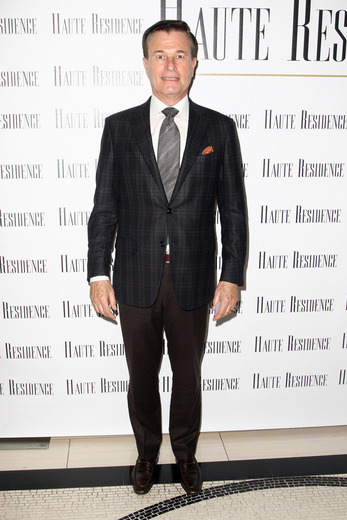
Frank Symons: I actually think one of the most important things is actually starting with the client and finding out what the client’s needs are. Certain clients want or believe they want different elements of marketing like digital, print, or social media. I think we first need to listen to them and ask them. At our company we can deliver all of our products in any of those formats. We have curators that can help push out social media if you need that, but I think it has to start with the client.
Timothy Lappen: When every aspect of the house has been advertised, are you seeing any push back from buyers who don’t want to see the house they are about to buy totally exposed to the world?
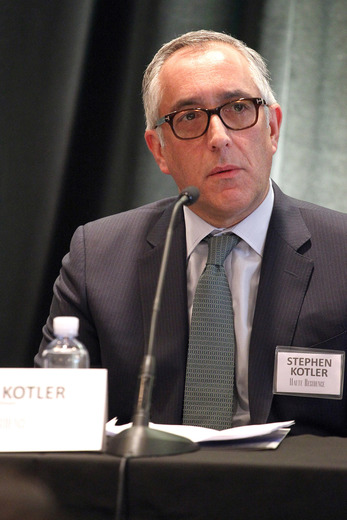
Stephen Kotler: We’ve had situations where the buyer has requested that we remove everything after the house has been sold.
Frank Symons: There are sellers in all price ranges that are concerned about privacy and confidentiality and might not want it to be pushed out to the world digitally, so in that situation as a company we want to provide them with the other formats and proprietary tools that we have to get to that ultra high net worth individual––if that’s the case over $20 million––and do it in such a way that they know that they’re going to have qualified, high net worth individuals able to see their house.
Photos by Tommaso Boddi












